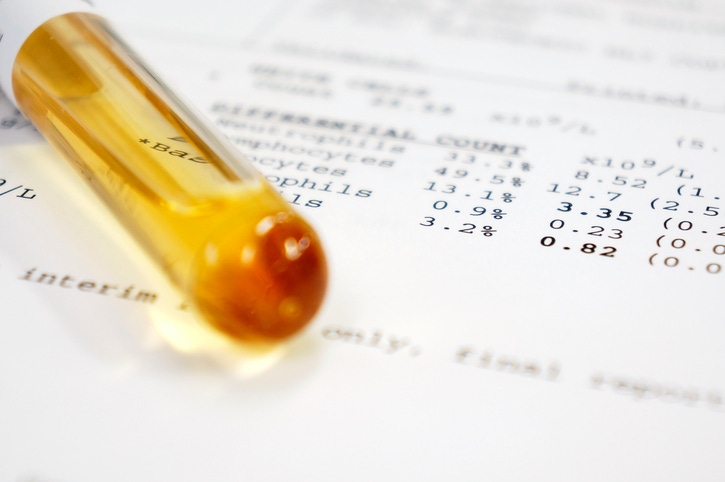An Expo West panel on the case for supplementation explored how the quantified self movement is gaining traction.

Precision medicine diagnostic test kits give people a baseline level of individual nutrient information to make smarter supplement choices, according to Abraham Nabors, the director of education and standards at Ohio-based Mustard Seed Market & Café, during a panel discussion at Natural Products Expo West.
For under $200, test kits are now available for individuals to see blood levels of omega-3s, vitamin D, microbiome composition and overall genetic makeup.
"Precision medicine is my exact approach," said Nabors. “We can use these types of tests to not just guess and shoot in the dark about supplement choices, but go to scientific biomarkers to get there.”
These tests will answer the question: How much of a supplement should I take? Whether it’s vitamin D, omega-3s or probiotics, the ideal protocol shoppers should take is to first see what their individual levels are, then supplement to get to an ideal range, then test again to see if those dosage levels get you to the "goldilocks zone," said Nabors.
"Imagine if all the world were able to use these tests and get their biomarkers up, what might happen to disease, and not only that but vitality?" he said. "What can you accomplish if you’re sluggish and sick? Nutrient density today is not what it used to be. Even if you eat really well, there are nutrient gaps for all of us. We have the tools in our toolbox. Precision medicine can do this."
Test kits include the $79 ZRT Labs Blood Spot Test Kit, which can measure vitamin D, thyroid hormones and elements like lead and magnesium. Another is the $89 uBiome test that measures microbiome makeup, which can inform choices around probiotic supplements as well as fruit and vegetable consumption, because they provide a great deal of benefit.
"Prebiotics are the housing and food for the diverse species of probiotics," said Nabors. "Altering our diet from the standard American diet to one rich in fruits and vegetables does more to change the microbiome than supplementation with probiotics. Also, switching from highly processed foods to a whole-foods diet plus probiotics gets you even better results."
And the omega-3 test kit from Lipid Lab costs $175 and can give a person his or her individual ratio of omega-3 to -6 and -9. The fatty acids DHA and EPA found in omega-3 supplements sourced from fish, krill and algae are the important ones that can help boost the omega-3 numbers to counter the pro-inflammatory omega-6s and omega-9s from processed foods.
And for an overall view of one’s genetic profile, gene test kits from the likes of 23 And Me can also inform an overall supplementation plan.
As individual test apps and test continue to permeate the society, the vision of the “quantified self” ought to provide a great deal of opportunity for formulating, marketing and selling supplements to a public looking to optimize their health.
About the Author(s)
You May Also Like




